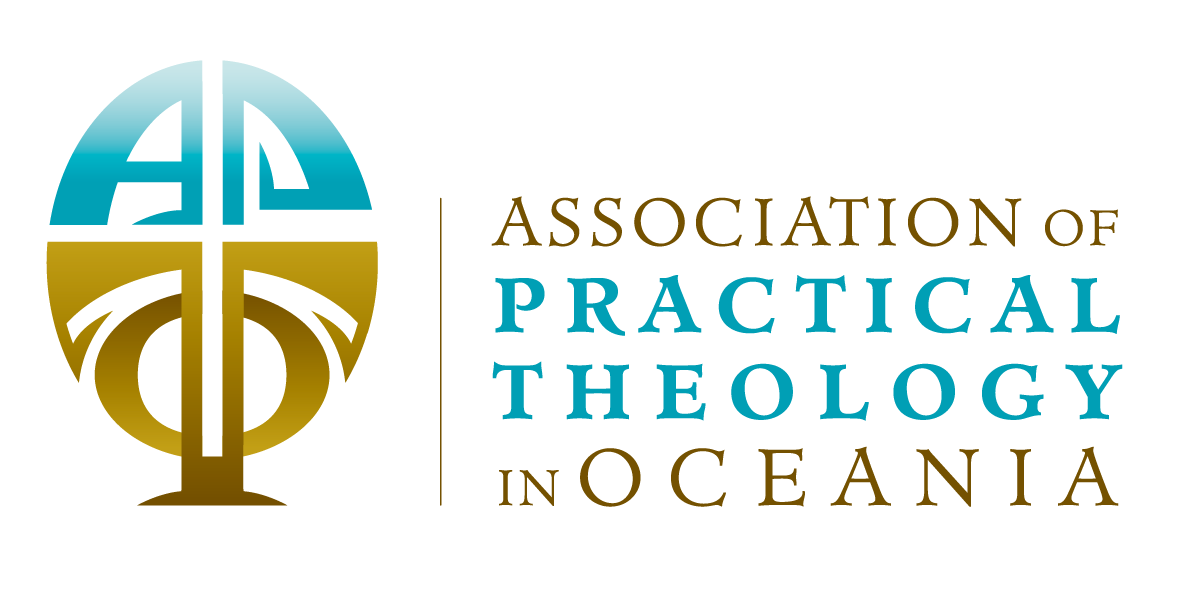

Discussion Time:
Care for our common home and care for each other is at the heart of Pope Francis’ message in Laudato Si’. The global Covid-19 health pandemic brings into sharp focus just how interconnected we are as a human family and the deep call to be in communion with all of God’s Creation. The climate emergency facing the world is another way in which we hear intimately and systemically the cries of the earth and of people who have become vulnerable and marginalized, especially in Oceania. Unjust, inequitable, and violent economic, environmental, and social policies have created a world of overconsumption in some countries and deprivation for others. Ecological conversion and civic engagement are ways in which the human family is now invited to participate in the transformation of the world towards healing and reconciliation with the Earth for all of us. An Integral Ecological paradigm offers a holistic perspective, educational framework and way of living in conversation and communion with God, creation and ourselves.
As spirituality and culture are such significant components of Indigenous life and act as powerful determinants of health, bringing Indigenous spirituality into health care will positively influence general care experiences. It is a matter of concern that this has neither been identified nor addressed in the Commonwealth Government’s Close the Gap. Spiritual health is a focus on the strong spirits of Aboriginal and Torres Strait Islander people and is an important part of culture. It emphasises people’s relationships with each other, with land and place, and the connection between past, present and future. Over time, spiritual health has been weakened as a result of colonisation, assimilation and Stolen Generation policies. As part of my research, I have been working to address this essential missing component of Close the Gap in the determination to reduce the health gap between the health of Indigenous people in comparison with the health of the general population through conversations with Elders and leaders of Aboriginal and Torres Strait Islanders. This presentation will look at some of the early findings.
In this paper, I propose an innovative, modern, ecologically informed method of pastoral care. It is in response partly to COVID-19 and partly to the ecclesial disruption in my own Christian tradition that has left some clergy re-examining the specific nature of their congregational work. Some report that as a result of the pandemic many church members are just not wanting to return to the franchised church. For those “faithful ones” who are beginning to return to weekly worship services, they are asking what will be the “new normal”? What can they expect from their pastoral leaders, what can they expect from their church? There are many valuable lessons that people commonly attribute to the pandemic. Probably the most prevalent theme is that of the need for community, to care for one another. Further, Stephanie Dowrick (2020) reminds us that “ From the ancient indigenous spiritual traditions of the world, and overtly here in Australia, we also learn that our care for the only ‘mother’ we all share – Mother Earth – is inseparable from our care for one another.” So, what if we re-imagined method of pastoral care built upon this renewed desire for caring, by not only by caring for each other (pastoral care), and for the earth we inhabit (eco-theology), but also to receive care from Mother-earth through theologically driven, experiential encounters, based on ecopsychological principles (eco-pastoral care). Ecotherapy for instance, is built on the idea that people are connected to and impacted by the natural environment. The question I ask is whether COVID has given us the opportunity to explore what it might be like to be modern wilderness pastors, in the spirit of Moses?